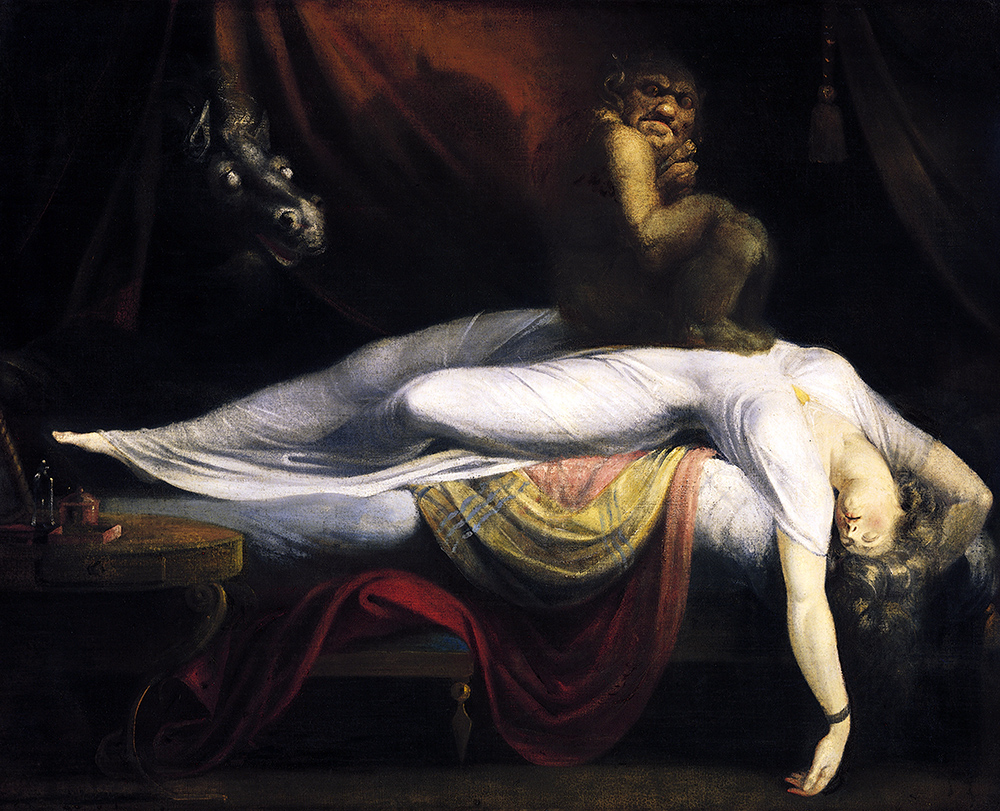Years ago I learned the surprising history behind a certain English word. (It’s in the list below…can you guess?)
The curious story of its evolution stuck with me. Almost without looking I came across more such words, each with strange origins. Since you too enjoy a bit of the curious, why don’t we indulge in a few of those stories here?
Avocado
A modification of the Spanish word “aguacate,” which derives from the Aztec word “āhuacatl.” What does that mean? “Testicle.” Sorry for making your next trip to the store awkward.
Berserk
The word is a mishmash of two Old Norse words, “bjorn” (bear) and “serk/sark” (a cloak or coat). To “wear the bear sark” meant putting on a bearskin, in order to drive yourself temporarily insane, and then rushing into battle. Yeah, the Vikings were nuts – and yet surprisingly successful. Hmmm…
February
This word comes from the Latin “februarius mensis,” which means “month of purification.” Apparently Romans would conduct purification rituals in February, either by burning offerings to the gods, or doing what are called ‘smoke baths.’ Basically burning something smoky and sticking your face & hands in it. Not sure how ‘pure’ I’d feel after that, but hey, when in Rome.
Hazard
Everyone knows they shouldn’t play around “hazardous materials.” But those don’t normally include dice. (Unless you’re REALLY passionate about D&D…)
Except in 13th-century Arabia, where the word “al-zahr” referred to the dice used in gambling. In those days, Arabic gambling could end very badly – especially if you tried to cheat.
The word “hazard” came about after British Crusaders returned home, after experiencing those dice games.
Identity
Here’s a twist: Identity comes from a 15th-century French term, “identité,” which meant, “sameness, oneness, state of being the same.” Even a Latin root for the French term, “identitatem,” meant “sameness.” How’s that for historical opposites?
You’ll never read the word Identity “the same” again. Cue the groaning sound effect.
Nightmare
No, this word didn’t come from a bunch of horses who liked to run the fields at night. It comes from the term “Mare,” which meant “evil spirit” in several ancient cultures. In fact “mare” shows up in Slavic, Old German, and Old English etymology. A mare would enter bedrooms at night, sit on the chest of a sleeping person, and either try to suffocate them or torment their dreams.
Ever seen this painting? That’s a mare on her chest.

Shampoo
Originates from the Sanskrit word “chapati,” which means “to massage.” People started applying it to hair-washing in the 1800s. The weirdly-shaped plastic bottles came later.
Tragedy
Hold up, Shakespeare fans. This word goes back a lot further than the Bard. It comes from the Greek word “tragodia,” which means “Song of the male goat.” Yes, really.
Why that? Nobody’s entirely sure now, but one theory is that in Athens, you had competitions for most activities…even acting. The best actor in a competition would win a prize – a goat. So you could literally ‘sing for your supper.’ And if you sang off-key, well, even the goat would call that a ‘tragodia’!
Did you guess which word first caught my attention? If you guessed, “Berserk,” your next dessert will have zero calories. Enjoy.